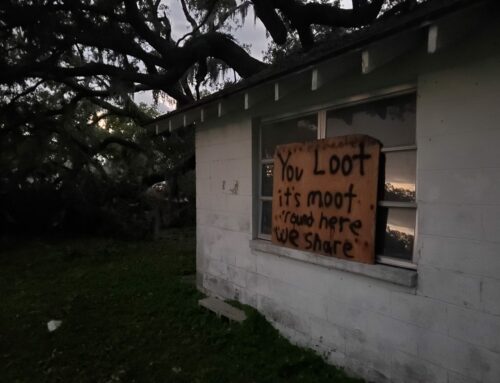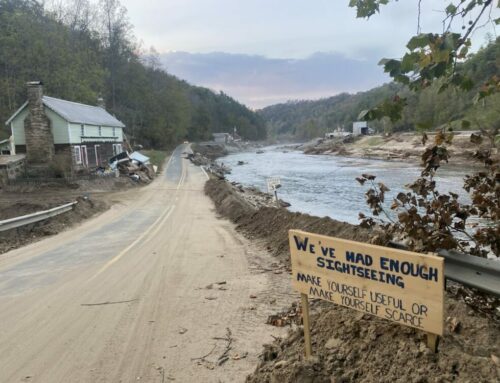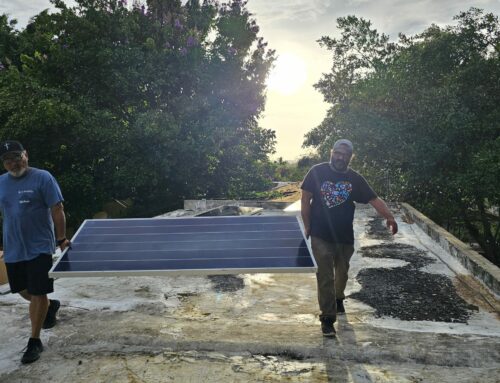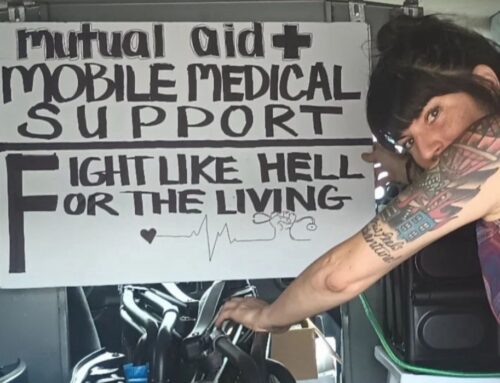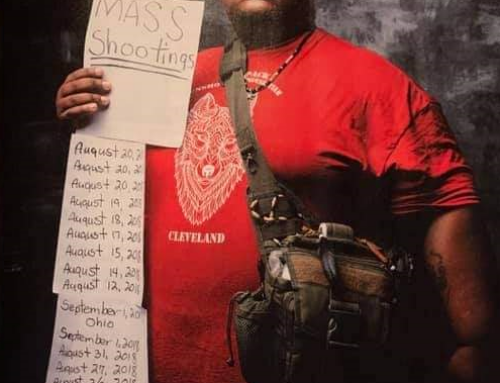Today, in low moments dominated by worrying about friends in Florida and the Caribbean, I have honestly considered that maybe the world is ending. Almost immediately after Hurricane Harvey dumped unprecedented rainfall, Hurricane Irma is the largest Atlantic storm ever recorded. And when have we ever seen three hurricanes all at the same time? Hurricane Katia sweeps across Mesoamerica simultaneously with Irma’s ravaging of the Caribbean, while Hurricane Jose follows close behind. Vast expanses of western North America are engulfed in the worst wildfires we have ever seen. On the other side of the world, massive monsoon rains in South Asia have killed over 1200 people, sweeping away villages with mudslides and floods. And most recently, a massive earthquake in Mexico has devastated coastal towns in Oaxaca and Chiapas.
And not only “natural” disasters (often with unnatural results due to corporate colonialism’s impulse toward hyper-urbanization and the poor planning that accompanies it), but we are currently being bombarded by manufactured disasters as well. The stories coming from the Middle East are horrifying – the civilian casualties caused by US-supported air-strikes in Syria are in the thousands, while war-induced famine and cholera epidemics in Yemen threaten the lives of millions. War continues in Afghanistan and Iraq as well – the longest war in US history, so long that we cannot even remember why we got into it in the first place, only that somewhere along the way, the chaos and carnage gave birth to nihilistic totalitarians like ISIS and now death and destruction spread like a plague everywhere they go. Meanwhile, Trump congratulates and sells weapons to Saudi tyrants who terrorize their own citizens as well as neighboring states and Israeli war criminals who bulldoze Palestinian homes and schools, a Philippino dictator whose “War on Drugs” is targeting even human rights observers and an Indian Hindu-supremacist responsible for genocide, all while trying to deny entry to refugees fleeing from the catastrophes perpetrated by these monsters.
At home, we find different types of disasters. Toxic chemical spills have become regular events – recently we have seen well over 3000 spills from oil and natural gas pipelines, two significant mine waste spills in West Virginia and a huge one in Colorado, as well asthe worst environmental disaster in history in the Gulf of Mexico, and now again, thanks to Harvey, we are seeing pervasive environmental contamination in the “Petro Metro” region around Houston. In spite of abundant evidence of their incredible danger, fracking and oil and gas pipelines are being expanded all over the country.
We see cultural and political disasters as well. Emboldened by the Trump presidency, white supremacy and racist hatred is rising – in regard to peace and democracy, I can think of no word better than “disaster” to qualify the violent hate rally in Charlottesville. Attacks on the most vulnerable communities abound – the DACA program has been canceled, and the repercussions will be disastrous for over 800,000 residents; and as if the current state of mass incarceration were not disastrous enough, Jeff Sessions pledges to renew the “War on Drugs” and put even more (mostly young people of color) behind bars for minor offenses. In spite of well-publicized set-backs to his legislative plans, in the shadows Trump is doing great damage to the administrative state with his anti-science and anti-public appointees, and he is also succeeding in installing numerous far-right judges who will proceed to dismantle laws that protect people and the environment long after this presidency is over. Another under-reported development is how ALEC and allied groups, shrouded by the chaos of the moment, are secretly escalating their campaign to undermine unions and workers’ rights. The cultural and political changes of 2017 are not merely reactionary backsliding, they are disasters for democracy.
Scientists have been warning us about impending climate chaos for decades – now it is upon us. These other “unnatural” disasters may seem unrelated, but all of the catastrophes listed above are consequences of a single source – neoliberalism. Neoliberalism is a political theory, energetic and young (and infantile in its aggrandizement of self-centered accumulation), which has rapidly overrun the old liberal order of nation-states and human rights with a transnational and supra-legal corporate colonialism that posits unrestricted and unrepentant capitalism as progress, and this progress as unalterable fate, as “the end of history,” consequences be damned. It is responsible for many of the defining features of our contemporary world: everything from pervasive policies like Newspeak-ishly nice-sounding “globalisation” and “free trade,” to the “austerity” that ensures that the rich continue to get richer even when their dangerously risky gambles implode, and even the logic of the endless global conflict called the “War on Terror” (more correctly “War of Terror”). And ultimately, it is responsible for the backlash against all of these, which is now venting its anger on the nearest easy targets in the form of the competing violent nationalist movements erupting around the world. Neoliberalism is rarely named and explained, because so many of us are unable to see the ocean within which we are swimming (or drowning, in some cases). We have fallen for Thatcher’s lie, “There is no alternative.”
But there must be an alternative, because neoliberalism is toxic. Analyzed from a dialectical perspective, I believe that it is appropriate to classify neoliberalism as the synthesis of liberalism and its antithesis, totalitarianism. It has somehow managed to cover with a mask of global liberty and fraternity (we are all equal because we are all consumers) its true face of nihilism, oppressive homogenization, and the elevation of the technocratic police-surveillance state. It sells itself as “globalization” of opportunity for all, but ultimately, neoliberalism is driven only by the pursuit of maximum profit for the 1%. Some individuals climb the class ladder as they find their place in the global pyramid scheme, but the financialization of life demands a common denominator, a singular “consumer.” Consequently, for the vast majority of communities and ecosystems, destruction of diversity and traditional lifeways and the alienation and desperation which follow are the only available destiny.
As we sink deeper into the insanity of neoliberal ideology, the hypocrisy of this religion of consumerism gnaws at our souls. Paradoxically, a torpid malaise of mass culture creates a listlessly drifting mass of mediocre humanity and the loss of class and ethnic identities produces atomized, terrified and hyper-reactive individuals. The dominant narrative never tells this dark side of the story, because we must stay positive when “There is no alternative,” and it is easy to be an optimist when one is part of the global elite. And because even destruction and desperation may be fine sources of profit. Neoliberalism is also the mother of disaster capitalism, which pounces on every tragedy to further extort the peoples’ suffering.
It is for these reasons that it is no surprise that Trump and his ilk are rising like scum to the top of the new global order. It is for these reasons that governments cannot respond adequately to human and ecological disasters; they will never prioritize the well-being of their land, water, and people when they are compelled to acquiesce to the needs of corporations profiteering on crisis. Even those governments who seem to be more democratically minded, even those coalitions dedicated to humanitarianism like the UN, cannot adequately respond. They expend all of their resources managing the daily chaos created by unbridled neoliberalism, by the corporate colonialism which has left no corner of the earth unmolested and deliberately shocks stable systems in order to steal even more from disoriented and vulnerable local communities. A favorite new term, “governance,” indicates precisely this management of chaos, this chastising of the most egregious offenders and delivering of declarations and empty words to the least powerful victims, but never challenging the system that is ever-more-aggressively pillaging the planet. The nation-state, also very young in the grand expanse of human cultures, is very effective at organizing violent, militaristic responses to problems, but seems unable to accomplish much when faced with other types of problems. When you are a hammer, every problem looks like a nail. When you are an industrial-military empire like the US, every problem looks like an insurrection. Send in the National Guard! Break the unions! Put millions of people in prison! Militarize the police! (And in case I have not already said it strongly enough, let us never forget that these last two “solutions” are defining tactics of totalitarianism)
But there are alternatives, and there are real solutions. Those solutions come from below. They come from the power of the people, which is incredibly vast, if only we have the vision and the courage to recognize it. We need radical responses to natural and unnatural disasters. We need communities that are eager to build power, eager to adapt, and eager to serve those who are neglected by a system which empowers only those who already have the most power. I saw, in post-Katrina New Orleans, the power that We The People have when we work together. I saw the efforts of ordinary people, organized, dedicated, and listening compassionately, able to rescue schools and entire neighborhoods from the gentrifying bulldozers.
And I saw groups led by poor people of color rise to challenge the legitimacy of city and state government, FEMA, and the Red Cross. In disasters or other chaotic scenarios we can often make great strides in short time by filling vacancies left by “power vaccuums” (when the government and other established authorities temporarily disappear). In more stable times, we can still steadily gain power by organizing, struggling, fighting, utilizing our strengths (moral, relational, artistic); by acting strategically, creatively, bravely, diversely; and by never giving up.
Mutual Aid Disaster Relief is helping the most vulnerable communities to transform their hardships, by solidarity and struggle, into movement toward such alternatives. Because in today’s world, responding to a “natural” disaster must be about more than merely providing food and water and shelter. It must be about Justice. It must be about Dignity. And it must be about Power – challenging those who have it, sharing a little bit with those who do not, and thereby aiding communities in building power of their own. Mutual Aid Disaster Relief recognizes that only people power can adequately respond to all kinds of disasters, from hurricanes to hate rallies, from mudslides to mine waste spills.
That is what “Solidarity Not Charity” means – the inspiring vision of a shared destiny of justice and dignity, the power of direct action building a new world within the shell of the old, the realization of alternatives to this neoliberal hell. “Solidarity Not Charity” means learning, teaching, growing, struggling, advancing, and opening our eyes and hearts through this experience of radical love and compassion; it is an opportunity for transformative change for individuals and communities. “Solidarity Not Charity” is a real solution, a space of possibility, in which our instincts toward cooperation and community flourish as we build a sustainable future together.
Please join us as we organize and build power in our communities, to prepare to respond to disasters of all kinds:
Learn about our 2018 Training Tours here.

